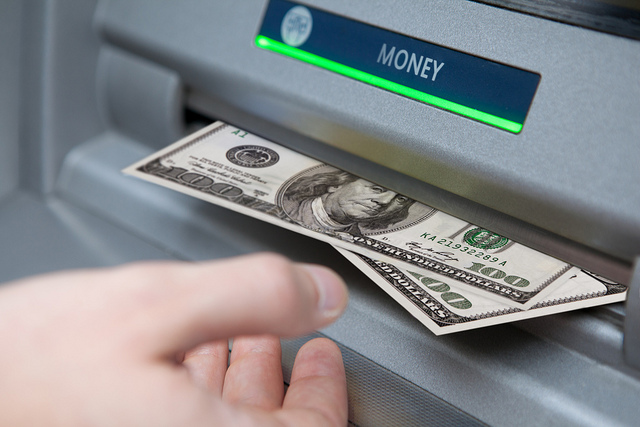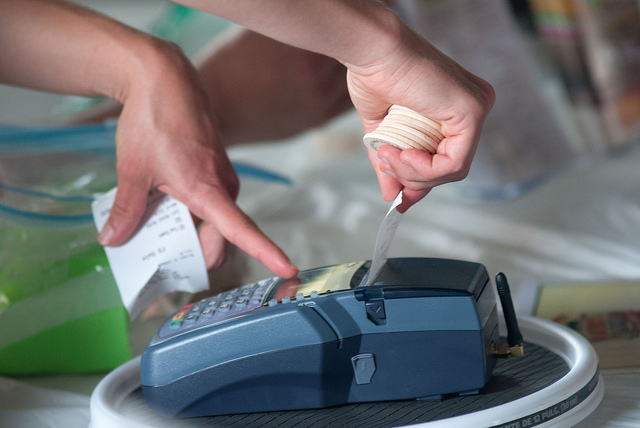Overdraft Avoidance 101: 4 Tips On Managing Your Current Accounts
An unintended bank overdraft is not only unpleasant, but can also be extremely expensive. Fortunately by correctly managing your current bank accounts, you should be able to avoid going into the red by accident.
Here are some tips to help you manage your accounts correctly.
Try to Keep More Money Than You Need
This first tip sounds rather obvious, however it does bear repeating. You should always try to keep a safety cushion in your current account to pay for unexpected expenses. These expenses don’t necessarily have to be luxuries. Because many people use direct debit these days and have bills that are automatically paid, going into the red can simply be a matter of a bill going out a day early and a salary payment coming in a day late. If at all possible, try to build up and keep a safety net of the total amount of your monthly bills in your account on top of your regular deposits. Unfortunately a lot of people don’t have this, leaving them vulnerable. In fact, a 2013 report revealed that “9m families [in the UK] wouldn’t last a week on savings”.
Keep Track of What Goes Where
Speaking of direct deposit and automatic billing, keeping a calendar of when payments go out is the key to avoiding an unexpected overdraft. There are a range of handy phone apps and online tools to help with this, some of which even connect to your bank account and tell you exactly when money goes out. But knowing that your mortgage payment leaves on the 15th of every month might stop you making that impulse purchase on the 14th.
Always Check Your Balance
It’s important that you stay on top of the actual balance of your account. Not only is money going into and out of your account on a daily basis, but there are fees involved in some of these processes too. You might not realise how much these add up over time. You definitely need to check your balance at least once a week to make sure everything adds up. If your bank has SMS balance notifications (where you receive a text message every time your balance changes) then definitely sign up for it. Most leading banks, from the titans of high street to smaller banks like Clydesdale offer current accounts with notifications via SMS, email, and even via their mobile apps. If your bank doesn’t offer these basics, then it’s time to switch.
Beware of Common Pitfalls
Finally, you should think about the debit card that came with your current account. Using that card can involve unexpected fees.
Avoid using your card to withdraw money from ATMs that don’t belong to your bank, since in many cases you’ll be charged a fee for the convenience. You might also want to consider saving your card for emergencies and using cash for your purchases. Why? It can be easy to spend too much on a card, whilst you can’t spend more cash than what you have in your pocket. An important part of managing your current accounts is managing your debit card and the simplest way of avoiding unexpected charges is just not to use your card at all.






